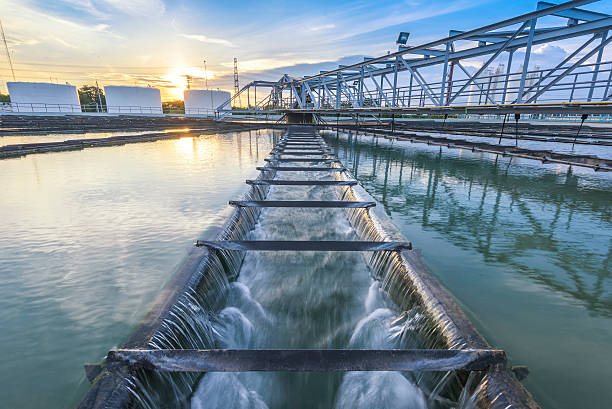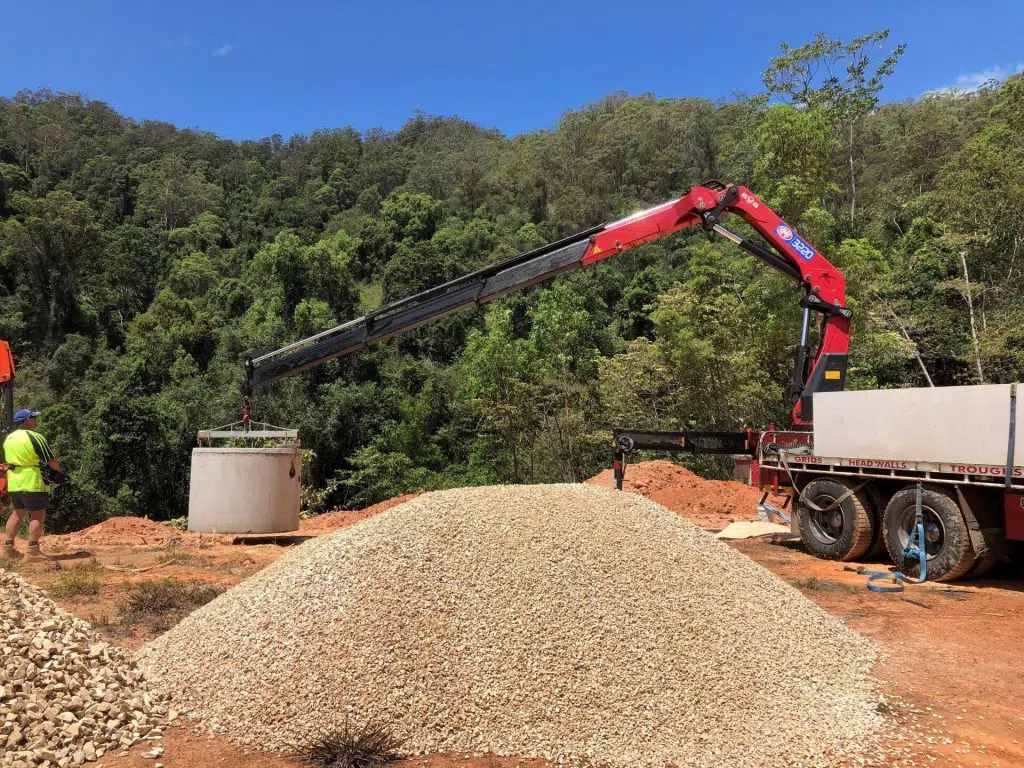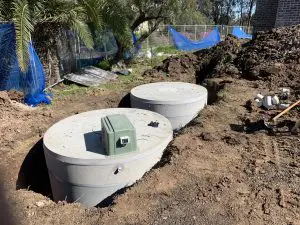Why is the Treatment of Wastewater Important?

Wastewater—often referred to as sewage or used water—emanates from various human activities, encompassing domestic, industrial, and commercial sources. It is laden with contaminants, including pathogens, chemicals, and nutrients that pose significant risks to our environment and public health. The treatment of wastewater is not just a regulatory requirement; it is a fundamental practice that underpins sustainable water management and ecological balance. In this blog post, we will delve deeper into the reasons why wastewater treatment is crucial for our planet and society.
Common Septic Tank Problems and How to Prevent Them

Maintaining a healthy septic system is essential for the smooth operation of your household’s wastewater management. However, like any other component of your home, septic tanks can encounter issues over time. From clogs and leaks to drain field problems, understanding these common septic tank problems and implementing preventive measures is key to avoiding emergencies and prolonging the lifespan of your system. In this comprehensive guide, we’ll explore the typical issues homeowners may encounter with their septic tanks and provide practical tips for prevention.
The Economics of Septic Systems: Cost Savings and Long-Term Investments

Septic systems often conjure images of hidden infrastructure buried beneath lawns, but their economic implications are anything but invisible. For homeowners, understanding the economics of septic systems goes beyond initial installation costs; it encompasses long-term savings, environmental benefits, and the value they add to properties. In this comprehensive guide, we’ll explore how septic systems offer significant cost savings and serve as wise long-term investments for homeowners.




